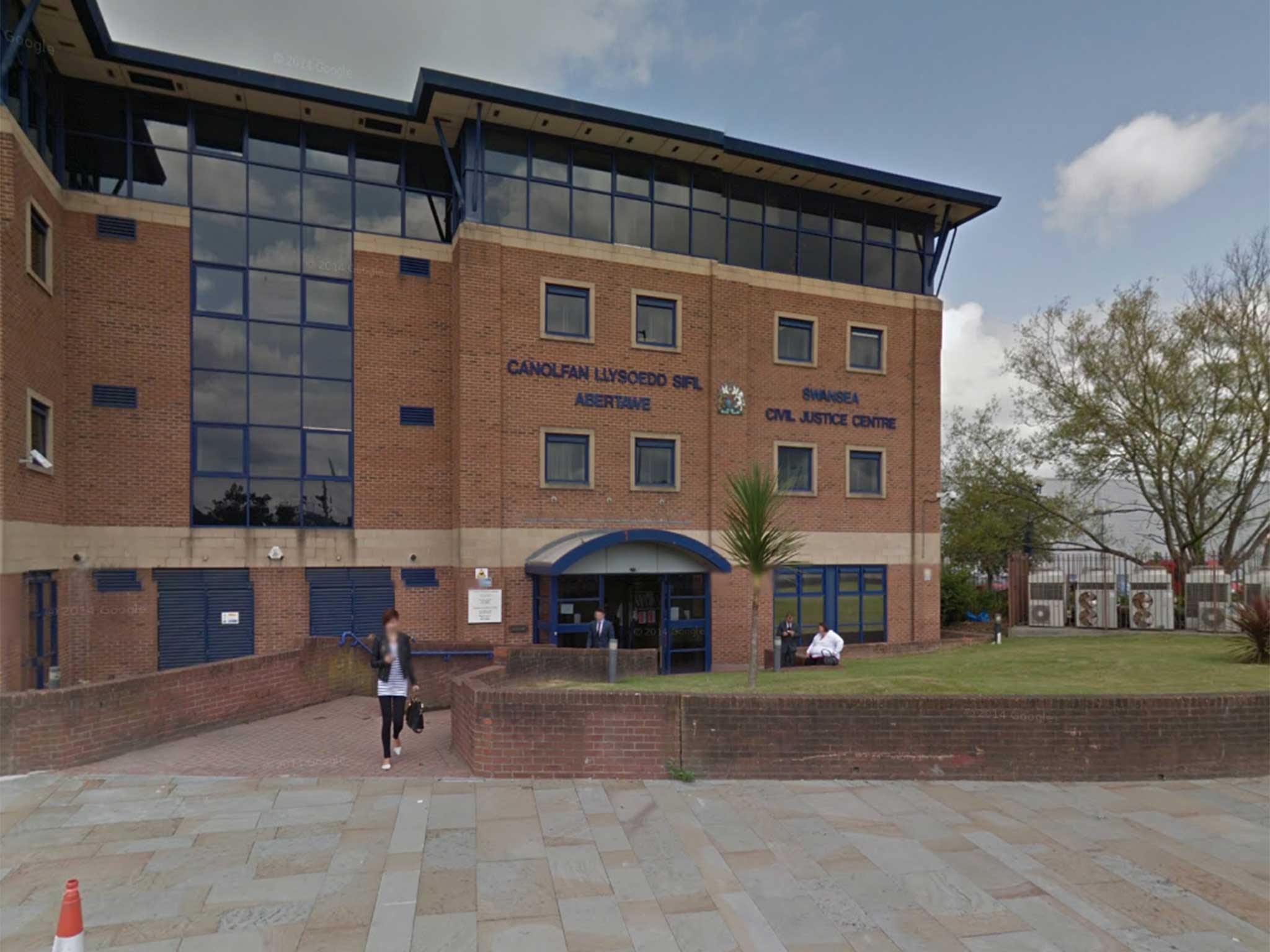Welsh council failed to provide free transport to schools with majority of black pupils
Decision has now been overturned by Welsh court ruling

Your support helps us to tell the story
From reproductive rights to climate change to Big Tech, The Independent is on the ground when the story is developing. Whether it's investigating the financials of Elon Musk's pro-Trump PAC or producing our latest documentary, 'The A Word', which shines a light on the American women fighting for reproductive rights, we know how important it is to parse out the facts from the messaging.
At such a critical moment in US history, we need reporters on the ground. Your donation allows us to keep sending journalists to speak to both sides of the story.
The Independent is trusted by Americans across the entire political spectrum. And unlike many other quality news outlets, we choose not to lock Americans out of our reporting and analysis with paywalls. We believe quality journalism should be available to everyone, paid for by those who can afford it.
Your support makes all the difference.A Welsh council illegally provided free transport to schools where the majority of children were white – while ignoring schools where the majority of children were black.
In a ruling yesterday, Swansea City Council was found to have acted unlawfully by the presiding judge of the Wales circuit in a decision likely to have wide-reaching consequences.
The case, heard at Swansea Civil Justice Centre, focused on the council’s decision last July to withdraw free transportation for pupils at voluntary-aided Catholic and Church in Wales schools – but maintain free transport for pupils for 12 Welsh speaking schools.
Pupils at one of Wales’ six faith schools are more likely to be from a black or ethnic minority (BME) than the average intake at Welsh speaking schools, which is predominantly white.
Justice Wyn Williams, QC, said BME children would face “a particular disadvantage” by the change, which would indirectly discriminate on grounds of race.
Quashing the change, the judge noted discrimination had been inadvertent, with the council remaining ignorant of the effects of their policy – despite commissioning an equality impact report.
The case also found that members of the council had been misadvised by local authority members, who claimed they had an absolute authority to ensure free buses to Welsh language schools.
The case was brought by faith school Bishop Vaughan Catholic School, representing prospective pupil “Child W” whose siblings already attend the school but who would have been illegible for free transportation, and the diocese of the Menevia.
Laura Howden Evans, the school’s bursar, said that the decision had brought “tears of joy and relief” to parents of pupils at the school.
“Had the new policy stood, children from some of the poorest families in Wales would have been denied a faith-based education for the very worst of reasons,” she told the South Wales Evening Post.
In a statement, Swansea council said they were now considering the implications of the review, adding: "Owing to the legal process there has been a period of uncertainty for young people and the schools involved and we'd like to apologise for that."
Join our commenting forum
Join thought-provoking conversations, follow other Independent readers and see their replies
Comments